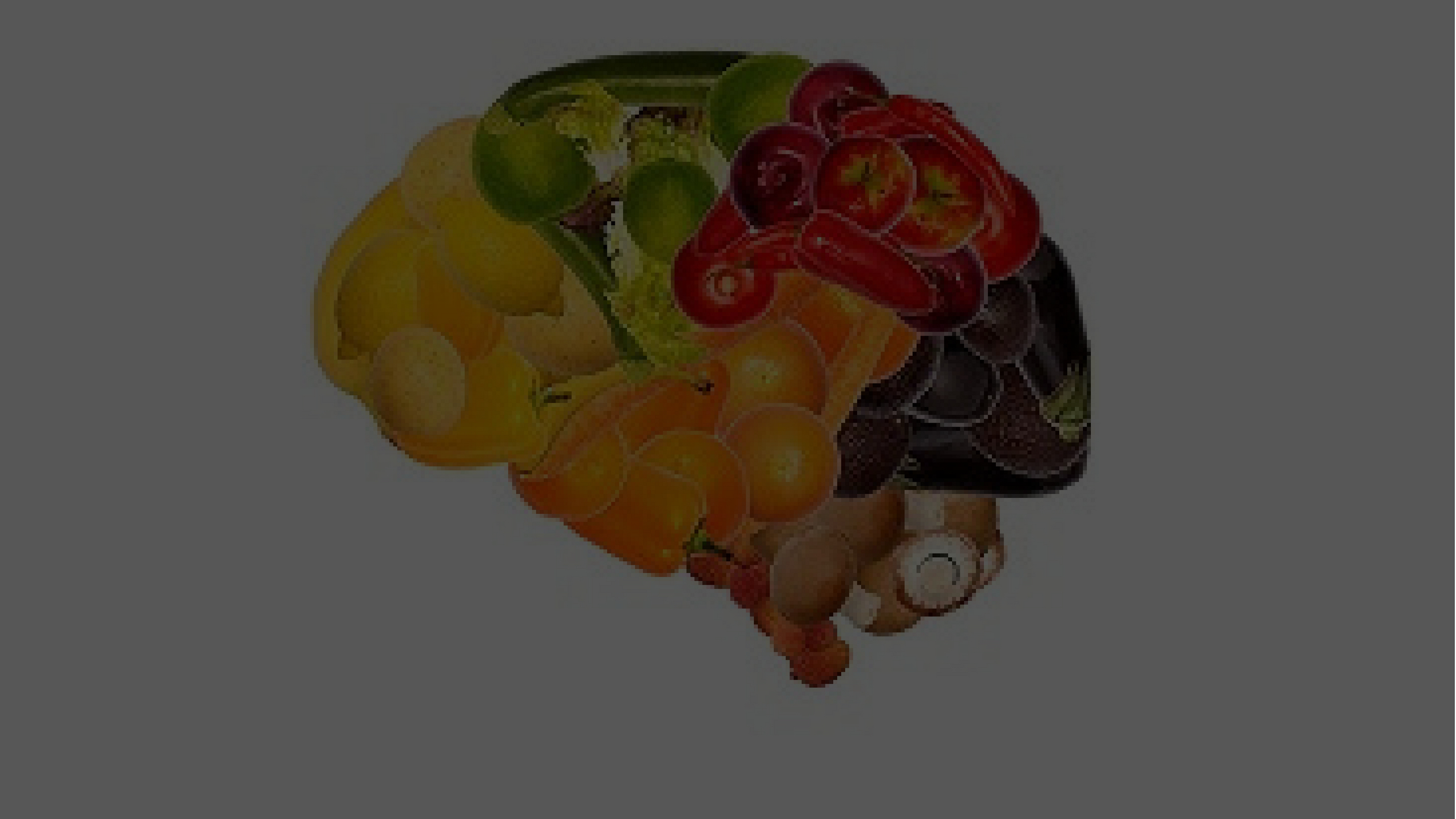Mental health has been a hot topic in the news for some time. Every year approximately one in four people in the UK will experience a mental health problem. In England alone, one in six people report experiencing a common mental health problem (such as anxiety and depression) in any given week.
Nutrition plays an important role in keeping the brain functioning properly. As well as eating the right foods, it’s important to avoid ingesting dangerous metals, like mercury, that can affect the brain and nervous system. Taking a preventative approach is good practice.
How people become exposed to mercury and heavy metals
Mercury is widely used in products such as batteries, paints and thermometers. But the inorganic salts it contains are corrosive and highly damaging to our bodies, including our brains. Fish, normally considered to be a healthy food choice is, unfortunately, a typical way of becoming exposed to mercury. Certain types, such as mackerel and swordfish can contain high levels and may be best avoided or purchased from an organic store. If you’re not taking any additional nutrients other than your food, it may be advisable to add in a few good supplements such as a clean omega 3.
Other ways of becoming exposed to mercury can be through a glass thermostat. Of course, children might put batteries in their mouths!
How Mercury affects the Body
Mercury kills brain neurons, the cells that conduct nervous impulses. Toxic heavy metals are present in the air we breathe, water, soil and food supply. Chronic low levels of exposure can lead to issues such as aggressive behaviour, depression, memory loss, irritability and many more. The brain is an incredibly vulnerable organ and taking steps to protect it is of utmost importance.
The key question is, what can we do to minimise the decline in health?
How to support the brain with a natural approach
The flow of blood to the brain delivers oxygen and nutrients to the brain cells, which is an important function and supports our learning, thinking and memory. Lack of oxygen to the brain leads to cerebral hypoxia, destroying brain tissue and characterising conditions such as Alzheimer’s and vascular disease.
Feeding the brain good nutrients
- Magnesium is nature’s natural relaxant, helping arterial flow to the brain
- Omega-3 essential fatty acids also play an important role in blood flow to the brain, and are a simple yet safe and effective way to support cognitive function.
- Ginkgo biloba herb has been used to help and prevent cognitive decline.
- Green tea is a great antioxidant that supports reducing oxidative damage. The neuroprotective effects of the theanine contained in green tea are also a focus of considerable attention.
- Turmeric contains curcuminoids, a great antioxidant including an anti-inflammatory and cognitive memory enhancer. Curcumin has a broad cytokine suppressive anti-inflammatory action. Cytokines are cell-signalling molecules that aid cell to cell communication in immune responses towards sites of inflammation, infection or trauma.
- Folate and vitamin B12 are both required for the methylation of homocysteine (a common amino acid in the blood). A deficiency in these can cause neurological disturbances, such as depression and dementia, and the neurotoxic effect of homocysteine may play a role in these disturbances.
- Saffron also has the potential to enhance mental health through its antidepressant properties. In a six-week trial, at a dosage of 30 mg/ day, extracts of saffron stigma were as effective as fluoxetine (20 mg/day) for the treatment of mild-to moderate depression (see reference below).
Reference: Noorbala AA, Akhondzadeh S, Tahmacebi-Pour N, Jamshidi AH. 2005. Hydroalcoholic extract of Crocus sativus L. versus fluoxetine in the treatment of mild to moderate depression: a doubleblind, randomized pilot trial. J Ethnopharmacol 97: 281–284.
Food that nourishes the brain
The brain is a fatty organ and therefore requires good fats. Providing it with a well-balanced, essential fatty acid complex, is important. Good sources are clean fish, nuts, avocados and olive oil.
Try to avoid empty calories from refined foods, such as white breads, sugar and fizzy drinks.
Consume good lean proteins, as these are the building blocks of our existence. Good proteins are our lean meats.
Legumes are also high in fibre (lentils, bean and peas), fish, nuts and seeds.
Try cutting down on caffeine as this can cause anxiety and depression and disturbed sleep. Caffeine is in: coca cola, coffee, chocolate, and other manufactured energy drinks.
Feed the brain all the goodness it needs and you will certainly help your mental health.
If you like this article, please share it with your network and do leave any comments below, or click here to contact me for further information.

